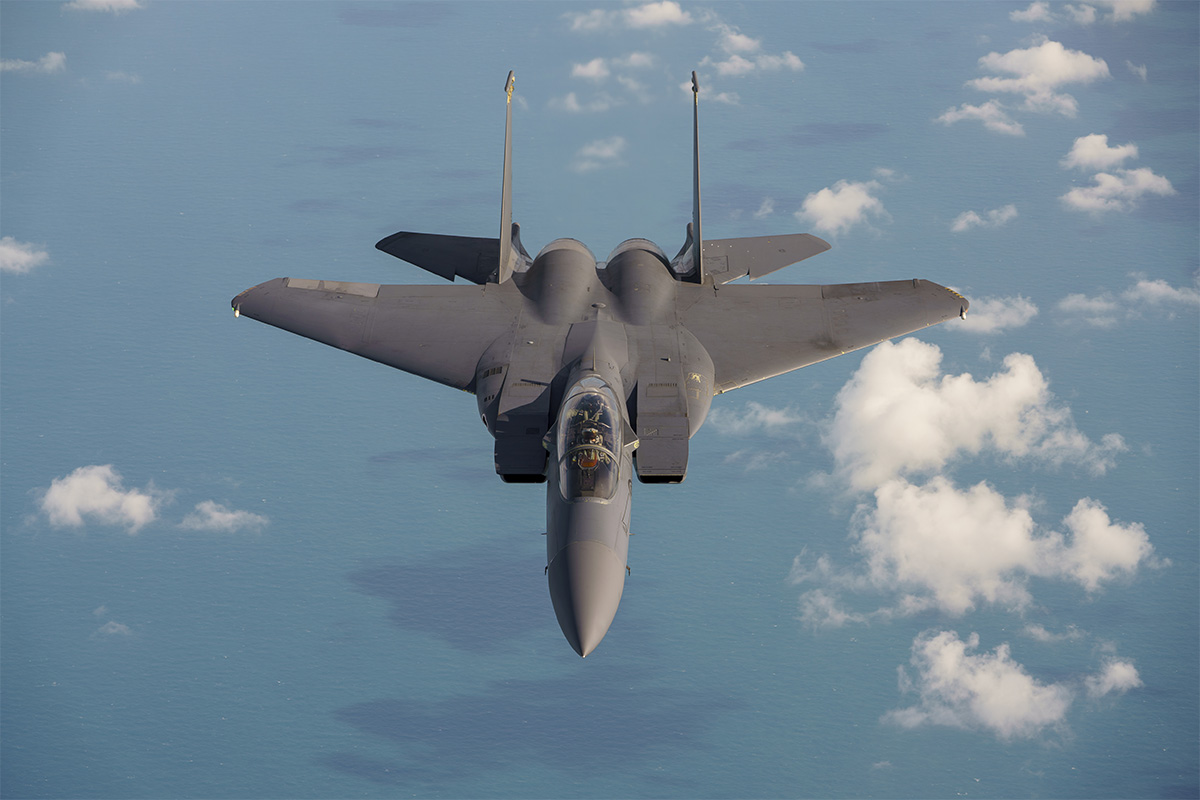Singapore faces its highest terrorism threat level since the time of the 11 September attacks in the United States (US) in 2001 and the 2002 Bali bombings, Singapore’s defense minister said.
“There are no signs to indicate that this will abate within even the next decade,” Ng Eng Hen told reporters on Friday ahead of the country’s Armed Forces Day on 1 July. “This is a long-term problem, and we have to deal with it as a long-term problem.”
Citing recent terrorism incidents including the May suicide bombings in the Indonesian city of Surabaya and the five-month-long armed conflict with militants linked to Islamic State in Marawi, a city in the southern Philippines, Ng said the metrics pointing to an increased terrorism threat, as well as the number of actual attacks, were all going up.
To deal with a long-term problem such as terrorism meant that the Singapore Armed Forces would need to continue to undergo structural change, Ng said, adding that there was also a greater need for regional and international partnerships to deal with trans-national terrorist threats.
Southeast Asian governments have for years highlighted the risk from returning fighters alongside those radicalized at home via the Internet. In March, Ng said that Singapore would send more troops to Iraq this year to help train the country’s security forces.
“You can’t deal with it as a single country,” Ng said. “You have to deal with partnerships, you deal with it at the source.”
Singapore summit
Ng said the June Singapore summit between US President Donald Trump and North Korean leader Kim Jong Un had been invaluable to the Singapore Armed Forces (SAF) to validate its defense systems, and also helped to send a message to would-be attackers that the SAF meant business.
“Short of a real war, or terror attack, this is as close to a real threat that the SAF can respond to,” Ng said.
Ng said he was very proud of how the SAF performed, adding that “most importantly, the strong show of deterrence kept would-be attackers at bay.”
Overall, Ng said he gave the SAF performance an A-grade, “not A+ because we identified some gaps, which we are closing.”
Replacement jets
Ng said he expected Singapore to soon be in a position to announce what fighter jet would replace its current fleet of 60 F-16 aircraft after 2030.
“We have thought long and hard about it, taken our time to choose a replacement, and we’ll be making a definitive decision, likely in the next few months,” he said.
One of the most important considerations was whether the new jets would be able to work with Singapore’s existing platforms, Ng said. Singapore has previously indicated that it’s seriously evaluating Lockheed Martin Corp’s F-35 fighter jet.
Ng also said he had a very good first meeting with Malaysia’s new defense chief Mohamad Sabu.
“I think we clicked,” Ng said. - Bloomberg
